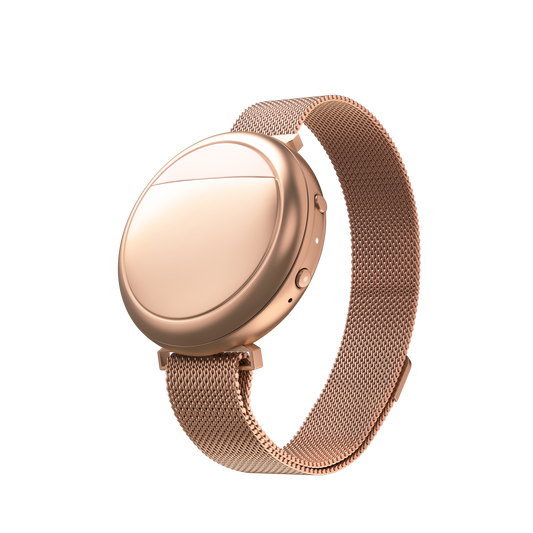-
Vendor:HUM Nutrition
Ashwagandha Calm Supplement, Mixed Berry, 30 Gummies
Regular price $26Regular priceUnit price per -
Vendor:HUM Nutrition
Big Chill Stress Supplement, 30 Capsules
Regular price $20Regular priceUnit price per -
Vendor:Winged Wellness
Rise Up Energy + Focus Gummies, Pineapple, 60 Gummies
Regular price $25Regular priceUnit price per -
Vendor:HUM Nutrition
Uber Energy Supplement, 60 Capsules
Regular price $26Regular priceUnit price per -
Vendor:Winged Wellness
Glow Up Collagen & Stress Drink Mix Powder, 9.7 oz.
Regular price $30Regular priceUnit price per -
Vendor:HUM Nutrition
Fan Club Menopause Supplement, 30 Capsules
Regular price $40Regular priceUnit price per -
Vendor:Winged Wellness
Glow Up AM Collagen Powder, 7.8 oz.
Regular price $30Regular priceUnit price per -
Vendor:Winged Wellness
Hot Momma Menopause Support Supplement, 60 Capsules
Regular price $22Regular priceUnit price per -
 Vendor:Embr Labs
Vendor:Embr LabsEmbr Wave Smart Cooling and Warming Wristband - Personalized Thermal Relief - Rose Gold, 1 Unit
Regular price $299Regular priceUnit price per -
 Vendor:Embr Labs
Vendor:Embr LabsEmbr Wave Smart Cooling and Warming Wristband - Personalized Thermal Relief - Black, 1 Unit
Regular price $299Regular priceUnit price per

Q&A with Dr. Liss
What is menopause brain fog?
Learn
Feeling foggy or forgetful?
Explore articles that explain how hormonal shifts during menopause affect your brain — and what you can do to feel sharper and more focused.

Q&A with Dr. Liss, OB-GYN
Does menopause cause brain fog?
When does menopause brain fog end?
Can changes in lifestyle help slow down memory loss during menopause?
Is brain fog normal during menopause?
What helps with brain fog during menopause?
How can I manage stress to reduce brain fog during menopause?
What are some common symptoms of brain fog during menopause?
Can menopause brain fog be a sign of other health conditions?
Are there natural remedies for menopause brain fog?

























